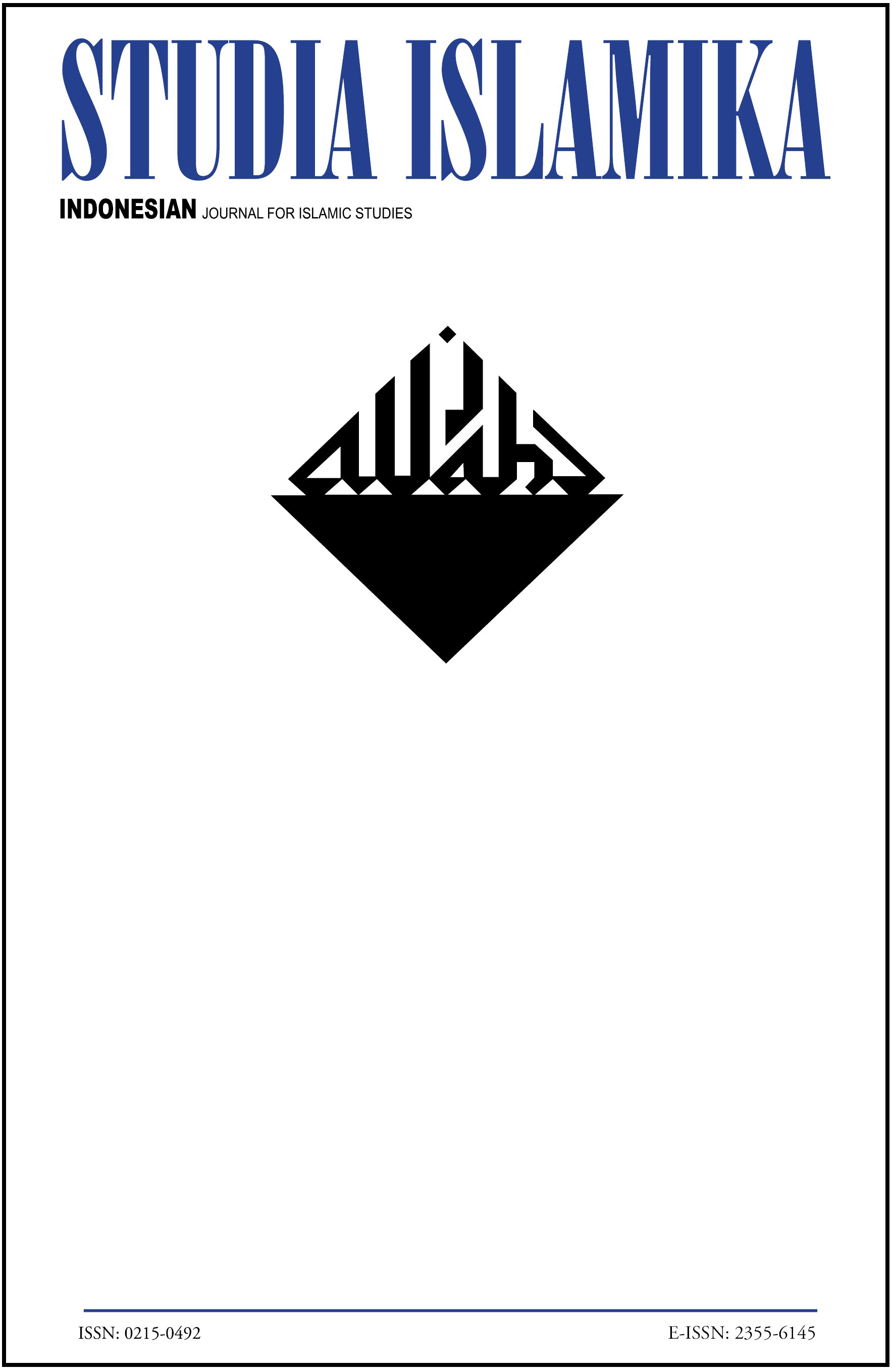Abstract
Phlilipp Bruckmayr, Cambodia’s Muslims and the Malay World: Malay Language, Jawi Script, and Islamic Factionalism from the 19th Century to the Present, (Leiden and Boston: Brill, 2019).This paper reviews a book that discusses Islamization in one of the Muslim minority areas in mainland Southeast Asia, Cambodia. This book offers thought-provoking concept of Islamization in Cambodia, namely “Jawization”. The concept describes how the use of the Jawi language in several areas in Cambodia as a symbol that represents the success of Islamization. In addition, this book is also quite distinctive from the other Islamic history in Southeast Asia scholarly works which generally frames this area as a part of “centre-periphery”. In addition, by emphasizing language aspects including other socio-historical and political factors, Cambodian Muslims are presented in various ways, according to their level of exposure and use of the Jawi language as well as the tradition of writing in Arabic script. Above all, this book brings an important argument that Muslim in Cambodia is also inseparable from the grand narrative of Islamization in the Malay world.Authors who publish with this journal agree to the following terms:
- Authors retain copyright and grant the journal right of first publication with the work simultaneously licensed under a Creative Commons Attribution License that allows others to share the work with an acknowledgement of the work's authorship and initial publication in this journal.
- Authors are able to enter into separate, additional contractual arrangements for the non-exclusive distribution of the journal's published version of the work (e.g., post it to an institutional repository or publish it in a book), with an acknowledgement of its initial publication in this journal.
- Authors are permitted and encouraged to post their work online (e.g., in institutional repositories or on their website) prior to and during the submission process, as it can lead to productive exchanges, as well as earlier and greater citation of published work.
Downloads
Download data is not yet available.

